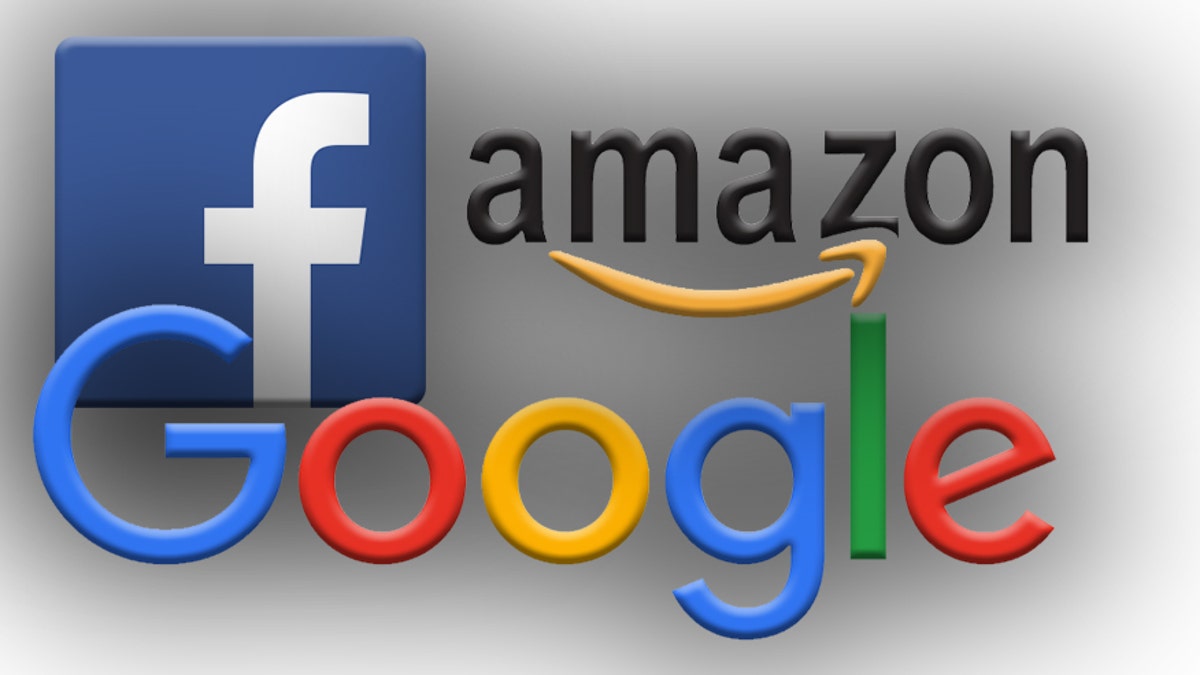
The philosopher Marshall McLuhan was famous for saying “The medium is the message,” meaning that the technology used to convey ideas is more important, from a cultural standpoint, than the ideas themselves. Television, he argued, was a disruptive “cold” medium that required human beings to unconsciously assemble the myriad pixels that comprise a television image, thus compelling them to join themselves to the technology, become addicted to it, risk being homogenized by it and fight back by becoming more tribal — asserting their national and geopolitical identities through conflict with one another. The Cold War between the Soviet Union and the United States may, in fact, have been partly fueled by the threat that television would dissolve everyone, and all identities, into it.
McLuhan, who died in 1980, had no idea that new technologies, like the internet and its children, Facebook, Amazon, Apple and Google, would represent an exponential threat of the same kind. Writers for the Washington Post, the New York Times and other publications are only now addressing the problem I identified several years ago: that these new technologies don’t really reinforce individuality and self-expression and identity; they threaten to obliterate it instead.
How? Facebook, Amazon, Apple, Google and others seek to monopolize information dissemination and product marketing. They do so by absorbing consumers’ likes, dislikes and patterns of behavior into their sites and hardware, forcing interactions with them by spitting back marketing and social networking prompts and algorithms that trigger more searches, more buying, more socializing and more fingerprinting of the consumers’ inclinations and intentions. Once the consumers are known sufficiently, it could be argued that their psychological DNA “exists” inside the technologies behind such sites and products. The consumers are owned and operated, to an extent, by the media and technology they are using to learn, shop and socialize.
They are “connecting” to the amoeba of a technological society and disconnecting from themselves.
Just as lots of people consciously enjoy using heroin, people may consciously enjoy being depersonalized by technology. But human beings have a safety valve inside their psyches to prevent complete destruction of their free will. This unconscious reflex reasserts their identities, often — as McLuhan observed and predicted — through heightened tribal conflict.
McLuhan no doubt would have assigned the rancor between right-wing Americans and left-wing Americans, the divide between Black Lives Matter and All Lives Matter, the rise of ISIS, the feverish tension between the U.S. and North Korea and many other polarized dynamics to the impact of the internet and its offspring. And, he would have been correct.
Our species, save for some pockets of resistance like the Amish, has rushed headfirst into our new technologies. But our souls won’t rush into that dark night without a fight. Lots of fights. Maybe even nuclear wars. Literally.




















